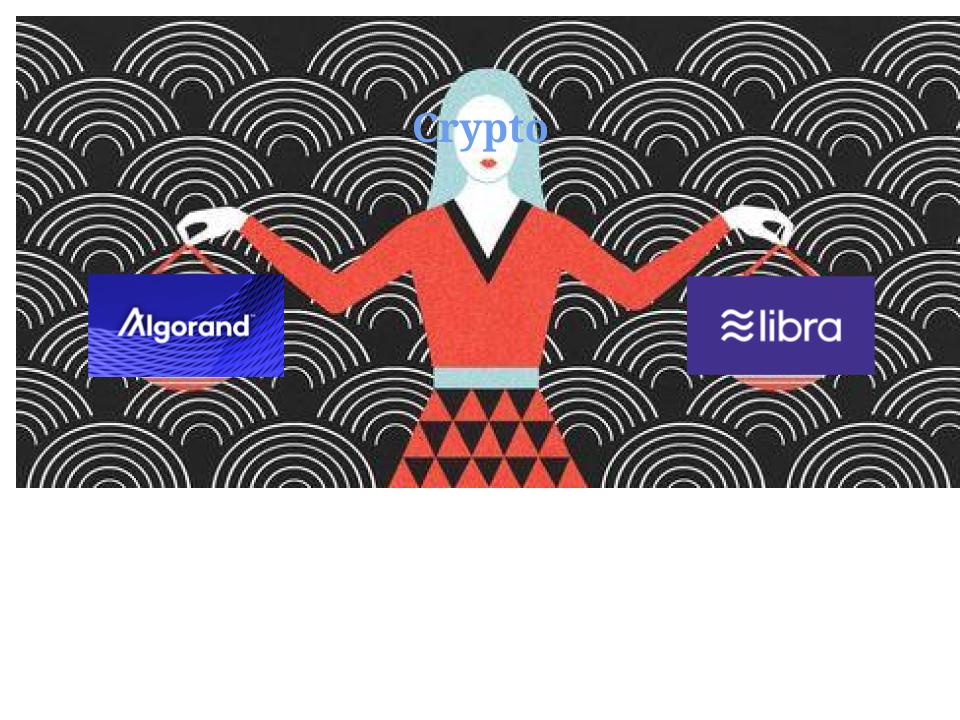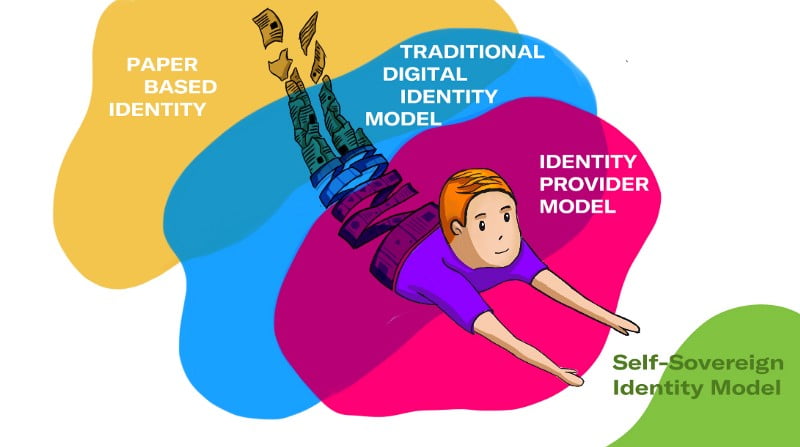-
Are Central Bank Digital Currencies The New Global Money?
CBDCs are digitally native fiat currencies that are directly issued and backed by central banks. They aim to extend the utility of physically settled monies to the digital world by removing extra steps and intermediaries from digitized banking and payment infrastructure. In so doing, CBDCs are intended to make transactions more efficient, manageable and financially…
-
Travel and Hospitality: Adapting to the “Next Normal” with Blockchain Technology
The following analysis is grounded in the central themes of Deloitte’s assessment with a focus on how blockchain and distributed ledger technologies (DLTs) can reduce friction and increase transparency, ultimately improving trust in a trustless environment.
-
Getting Ready For A Bitcoin ETF
Today bitcoin futures are available for retail and institutional traders, but U.S. investors have limited options for investing directly in Bitcoin exchange-traded funds (ETFs). Let’s look back at the history of ETFs to see how Bitcoin ETFs could enable U.S. investors to invest directly, and what options are currently available.
-
Understanding The Crypto Derivative Market: New Assets, Old Rails
In September 2015, bitcoin became the world’s first digitally native commodity when it was officially designated as a tradeable commodity by the Commodity Futures Trading Commission (CFTC).
-
Crypto Derivatives: A Precursor
#Derivatives are changing. And the future of #Futures is unfolding at a rapid pace. Learn how these changes set the scene for a new evolution in #crypto derivatives.
-
Facebook’s Libra vs. Algorand: The Road to Decentralization

“Trust starts with truth and ends with truth.” – Santosh Kalwar Trust is in short supply today. The lack of public trust in governments, institutions, and private companies is taking its toll on society in increasingly costly ways. In many cases, this erosion of trust hinges squarely on technological shortcomings and a distinct lack of…
-
How Standardizing Blockchain Protocols Will Transform Intellectual Property Management

Blockchain technologies promise a more efficient way to create and maintain shared records of intellectual property rights, benefiting creators, publishers, and distributors alike.
-
How Decentralization Can Benefit Your Business: Evaluating Bitcoin, Hyperledger, Algorand, and Elixxir

Centralized services like Facebook, Microsoft, and Yahoo keep all your eggs in one basket. This means that bad actors only need to attack one weak link to compromise all your data. And there are many ways to do it, including DDoS, Man-in-the-Middle, and credential stealing to name a few. Decentralized services keep your data safe…
-
Delivering Practical Privacy in Blockchain and DLT Applications

In the early days of crypto, privacy was a critical focus in blockchain development but difficult for the average user to achieve. From 2011–2014, creating multi-signature transactions was considered a cutting-edge technique that provided advanced users more privacy and security than executing standard peer-to-peer transactions alone. Now multisig is standard and more user friendly than…
-
GDPR and Self-Sovereign Identity: What Lies Ahead

GDPR and self-sovereign identity share a lot in common. GDPR regulates “the right to be forgotten” and self-sovereign identity enables it for the decentralized web. So, when and how will these two privacy functions intersect? Self-sovereign and decentralized identity (DID) solutions like Sovrin or Ethereum’s uPort represent innovative opportunities for data ownership that use blockchains…





